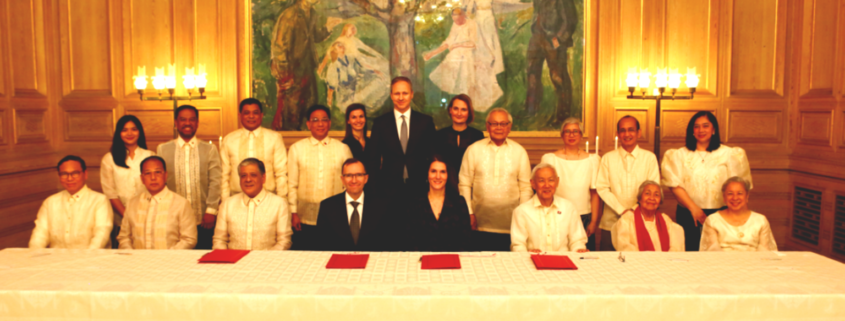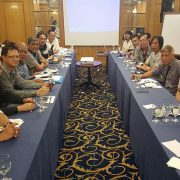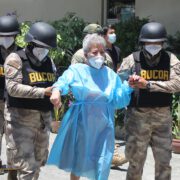Reds tell Marcos officials to quit sabotaging efforts to revive talks
No end to armed conflict without solving root causes, CPP insists
The Communist Party of the Philippines (CPP) denounced claims made by GRP (Government of the Republic of the Philippines) security officials the November 23 Oslo Joint Statement is an agreement for the surrender of the New People’s Army (NPA) and an effective end to the 55-year civil war in the Philippines.
Reacting to statements made by National Security Council Assistant Director General Jonathan Malaya in an online press briefing last January 3, the CPP said the official misrepresented the joint statement to deviously undermine efforts to revive peace negotiations between the GRP and the National Democratic Front of the Philippines.
In its own statement issued Thursday, the CPP said Malaya’s claims also seeks to prevent discussions from taking place that should tackle the socioeconomic and political issues that are the root causes of the armed conflict.
The CPP also criticized claims by other government officials that the joint statement was signed with the aim of ending the CPP-led armed struggle.
In a primer on the Oslo Joint Statement last Friday, December 29, the National Task Force to End Local Communist Armed Conflict quoted both Executive Secretary Lucas Bersamin and defense secretary Gilberto Teodoro as saying the communiqué does not signify the resumption of the peace talks.
There is no guarantee of peace talks, both officials reportedly said.
The primer further quoted Bersamin as saying, “The peace talks are over and done…The communiqué that was mutually agreed upon communicates to the people of the Philippines, and to the world, that both parties now want to end the hostilities.”
The CPP however clarified that the GRP officials are intentionally misreading the joint statement that while it includes the phrase “ending the armed struggle,” it is accompanied and preceded by the phrase “resolving the roots of the armed conflict.”
“This entails thoroughgoing negotiations that should be undertaken with a clear agenda that comprises (a) human rights; (b) social and economic reforms; (c) political and constitutional reform; (d) disposition of forces under The GRP-NDFP Hague Declaration signed in 1992,” the CPP explained.
Both parties have already signed a Comprehensive Agreement on Respect for Human Rights and International Humanitarian Law (CARHRIHL) under The Hague Joint Declaration in 1998 by the NDFP and the Joseph Estrada GRP.
The CARHRIHL has since been reaffirmed by the NDFP and subsequent Gloria Arroyo, Benigno Aquino and Rodrigo Duterte GRP governments.
The revolutionary group added that should peace negotiations again take place with the Ferdinand Marcos Jr. government, these should address the widespread problems of landlessness, poverty and hardships, political repression and tyranny, as among the issues that drive the people to take up arms against the Manila government.
“Indeed, the CPP and the NDFP consider peace talks as an additional battlefield, albeit unarmed, alongside revolutionary armed struggle, to advance the people’s national democratic cause, to assert across the negotiating table the people’s demands: for genuine land reform and national industrialization, social justice and true democracy,” the CPP statement said.
While several GRP officials have issued varying statements on the signing of the Oslo Joint Statement, mostly in disagreement with the NDFP-NPA-CPP position, President Marcos himself has yet to clarify his official position on whether to resume negotiations or to simply ask the underground Left to surrender. # (Raymund B. Villanueva)







